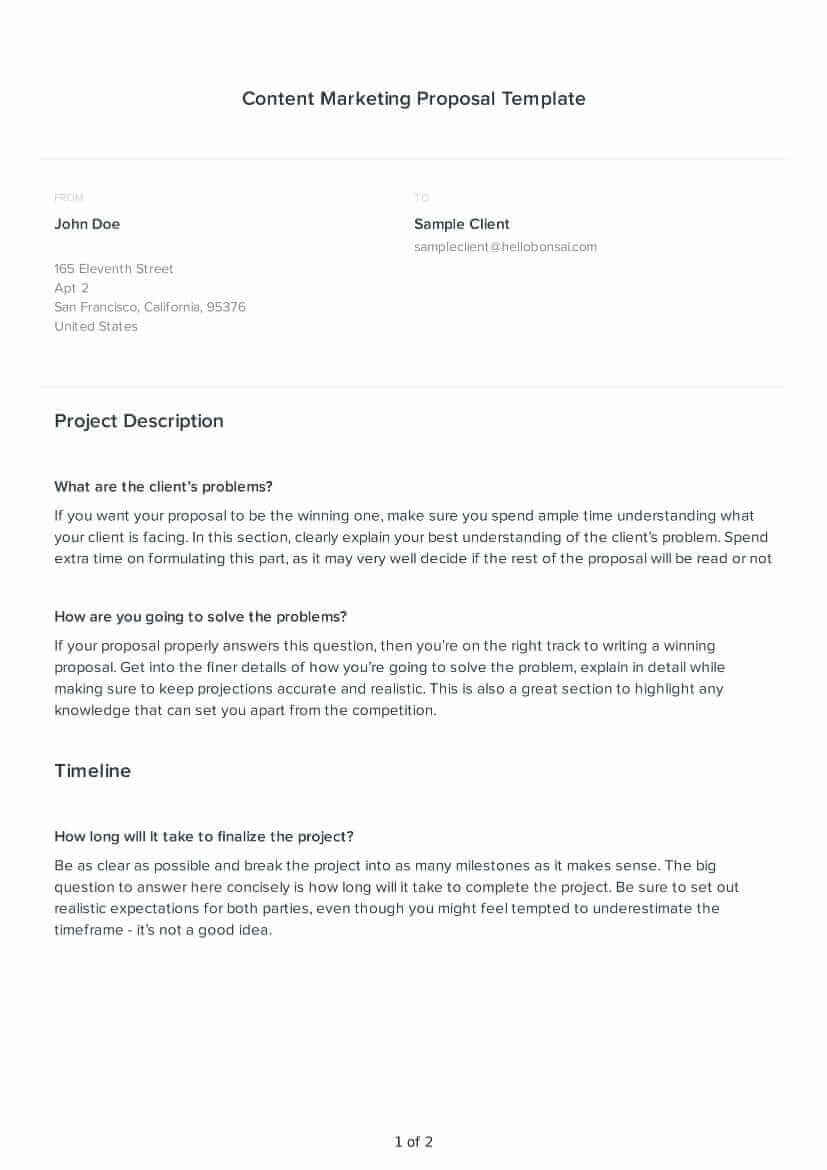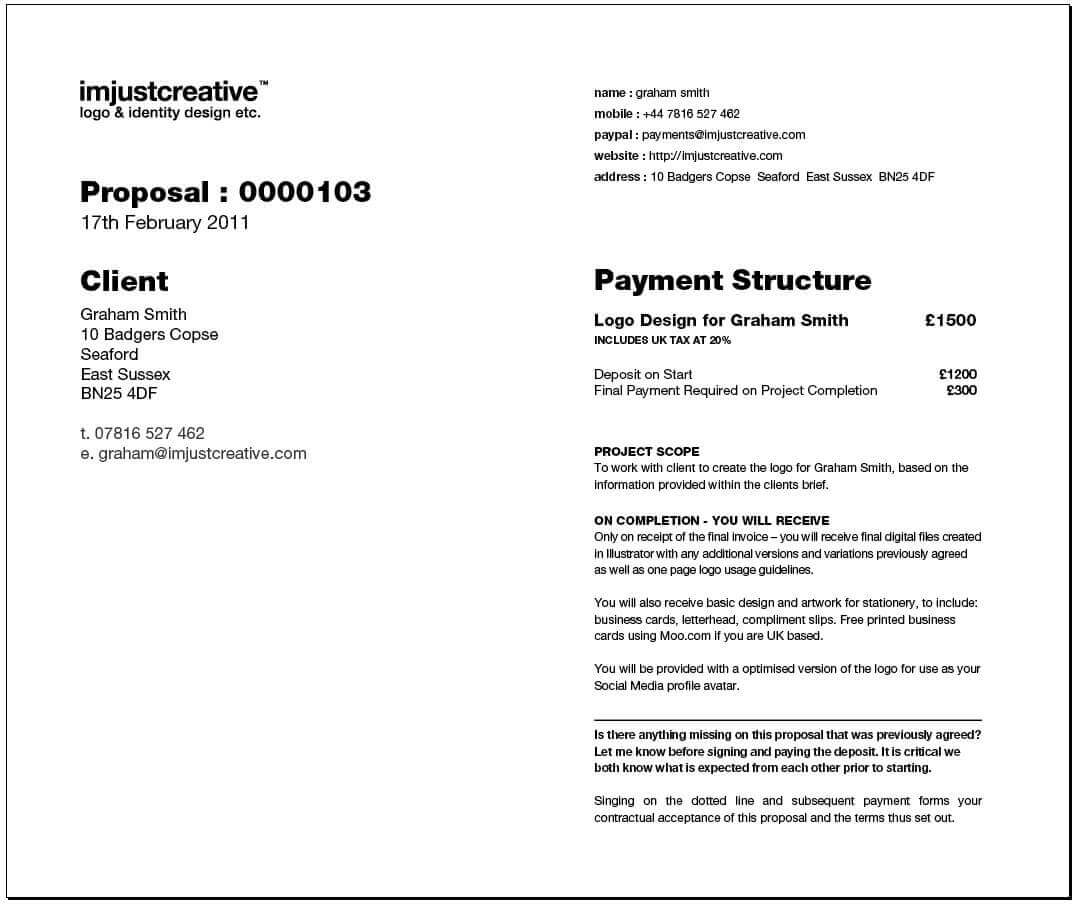
As online marketing techniques are taking over, traditional marketing techniques are becoming less effective. Content marketing is a "strategic approach to creating and distributing valuable and relevant content consistently to attract a defined audience, with the aim to drive profitable customer action," according to the Content Marketing Institute. Thus, with content marketing, you are tasked with attracting an audience that will eventually spend on the products or services listed on the website.
Owing to the stiff competition in the business world, most people are turning to online marketing to reach out to more people and consequently increase their sales. That means, your freelance career in content marketing is going to thrive in the days to come. It’s good news for freelancers who are still trying to gain stability in the business as there will be more projects to work on.
Nevertheless, you need to equip yourself with the right skills and develop great content strategies to compete effectively. Getting to learn different ways of creating content that effectively markets is a plus for you, but going the extra mile to precisely highlight your skills and expertise on the proposal can convince a client to hire you. That’s why it’s essential to design a proposal that stands above the rest.
If you’re drafting your first proposal, you may find it challenging to put the information together. However, you don’t need to panic, as there are several content marketing proposal template PDFs that can help you design one without straining. The good thing is that a content marketing proposal template comes in the correct structure and format.
Therefore, you only need to add the necessary details to make it complete. Even so, it’s not as easy as it may seem.
You need to put a little more effort to soar above the rest. On that note, ensure you give your content marketing proposal template a few tweaks to make it unique. Other freelancers might use the same template, and it would be absurd if you end up with a similar proposal. So get the best content marketing proposal template and fine-tune it to match the project requirements.
How useful is the content marketing proposal template? It breaks the ice with prospective clients, allowing you to develop a business relationship. So you can’t work without one if at all you want to make it in the freelance world. The client will get to know about your expertise in the field through the content marketing proposal template, and so, if you’d like to capture their attention, be sure to have one.

So, how do you draft a content marketing proposal sample that will bring in business? What will you consider? You need to ask yourself such questions before choosing a template. Remember, not all templates will address the specific areas of the project. Therefore, take time to choose the best.
Here are a few things to consider when drafting a content marketing proposal sample:
1. Consider aesthetics in the content marketing proposal template
Make sure that your marketing proposal has a well-designed cover. This action is the first thing the prospective client will see. In fact, the entire document should be structured in such a way that it is pleasing to the eye, with considerations made with fonts, colors, and images. If the content marketing proposal template isn't attractive at first sight, your marketing proposal will start with a struggle.
Whether you like it or not, a client will judge your content marketing proposal sample based on what they see first. If you’re cover doesn’t have anything pleasing to the eye, a client may not even bother reading through the entire proposal no matter how good it may be.
Usually, clients go through several proposals, and they want something that quickly gives them a clue. Since it’s a competition, it’s advisable to ensure your content marketing proposal sample is easily noticeable from the rest.
2. Add your objectives to the content marketing proposal template
The marketing proposal should identify the needs of the client. Goals are the main focal point of the content marketing proposal sample. You are, in essence, telling them that you know their pains and you have the solutions concerning content marketing. Your marketing proposal shouldn't have the prospective client wondering where they come in. By focusing on their needs, you give a clear impression of what you are trying to accomplish. Thus, know your goals before you draft the document. This action allows you to focus on what the prospective clients find essential. Knowing that you have an idea of what they need gives you leverage towards success. If you are promising traffic, then use our SEO contract template.
Most clients are interested in knowing what you’re bringing to their business. They would like to know if they’ll achieve their goals by hiring you to take up the content marketing role in their enterprise. Therefore, ensure you highlight some of the milestones you’ll help the client to achieve in the content marketing proposal sample. As you do this, keep in mind that the client wants to see results.
So, don’t promise what you can’t deliver. Of course, you’d like to impress the client by showing them how beneficial you’ll be to their business but be honest for a long-lasting relationship.
3. Data gathering and discovery process with the content marketing proposal template
The main aim of data gathering and discovery process is to identify the target audience and keywords. A widely recommended technique is to consider buyer persona integration, search result analysis, keyword search estimates and competitive link profiles. This process assists you in developing a content marketing proposal template that will resonate with the client's experience in the industry.
- Buyer personas assist in understanding the target audience, thus allowing you to produce content that will have the best chances of converting traffic to sales.
- Keyword search estimates assist in understanding phrases related to your client (the volume and competitiveness). The forecast also helps in determining the kind of content production necessary to be seen on the first pages of search engine result pages (SERP).
- Competitive link analysis will give a list of links to get your strategy going.
- Competitive search results analysis provides the understanding of the necessary content marketing needs. This approach is based on keyword targeting.
These four factors will help you develop a more in-depth understanding of what your client needs, and the industry as a whole. Other materials you can consider during the discovery phase include; existing marketing collateral, industry publications, site analytics data as well as events and shows.

4. Outline the initial program work in your content marketing proposal template
Before starting off on the content initiative, analyze the site structure and observe how the pages can be optimized. Look for opportunities that will add to conversion opportunities. A good strategy is determining how track-able lead opportunities are as well as measuring performance. You can include these strategies in the content marketing proposal sample. These techniques will help you maximize on the project's success. Always keep in mind that you’re competing against hundreds of freelancers. Therefore, do your best to outshine them.
5. Reporting and analysis of your content marketing proposals
Some of your assets have created time to grow and produce results. Thus, look back at what has worked, what hasn't, and you can gauge your next strategies based on these reports. Creating content without a plan will immensely contribute to the program's failure. This move will give you a clear picture of what strategies you will include in your content marketing proposal in a bid to convince the prospective clients that you are flexible in your methods and that you evolve with time.
Final thoughts
Though not comprehensive, this short list will provide some insight on developing your content marketing proposal in a bid to secure the clients you are targeting.





